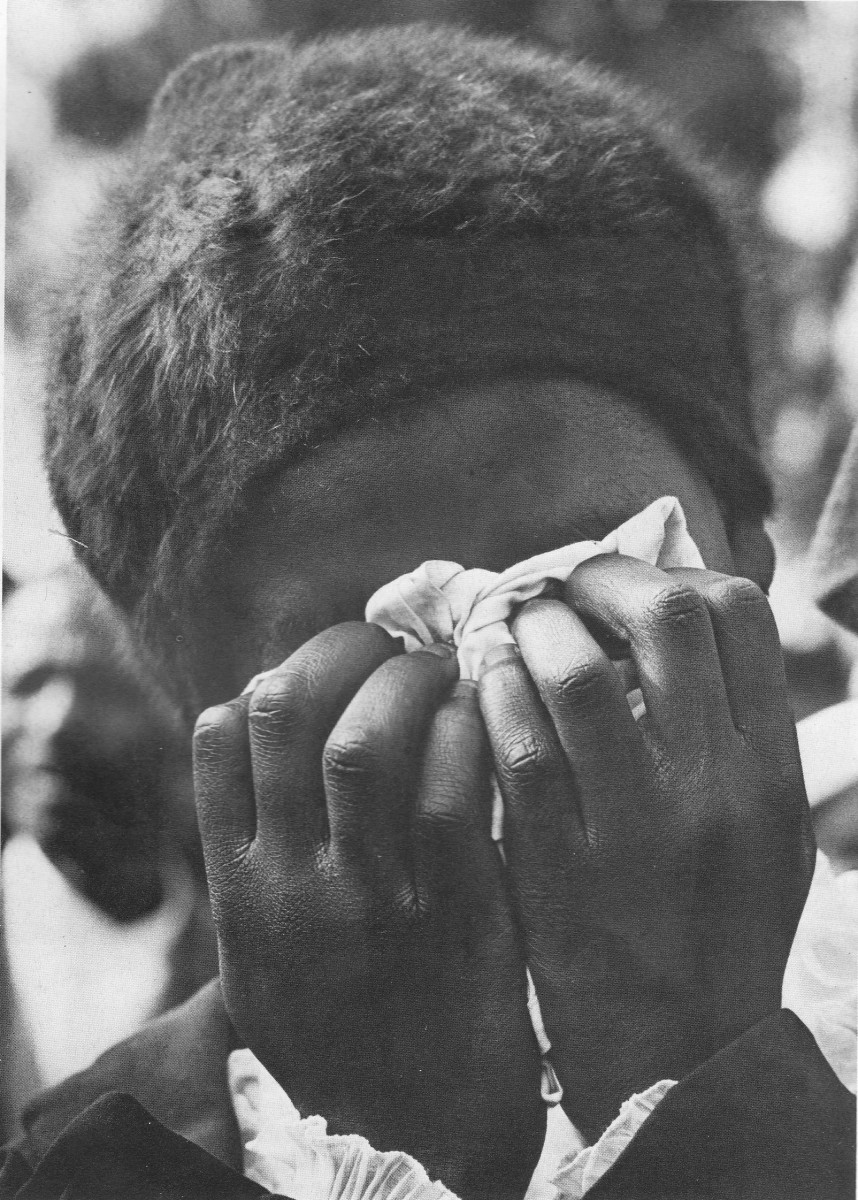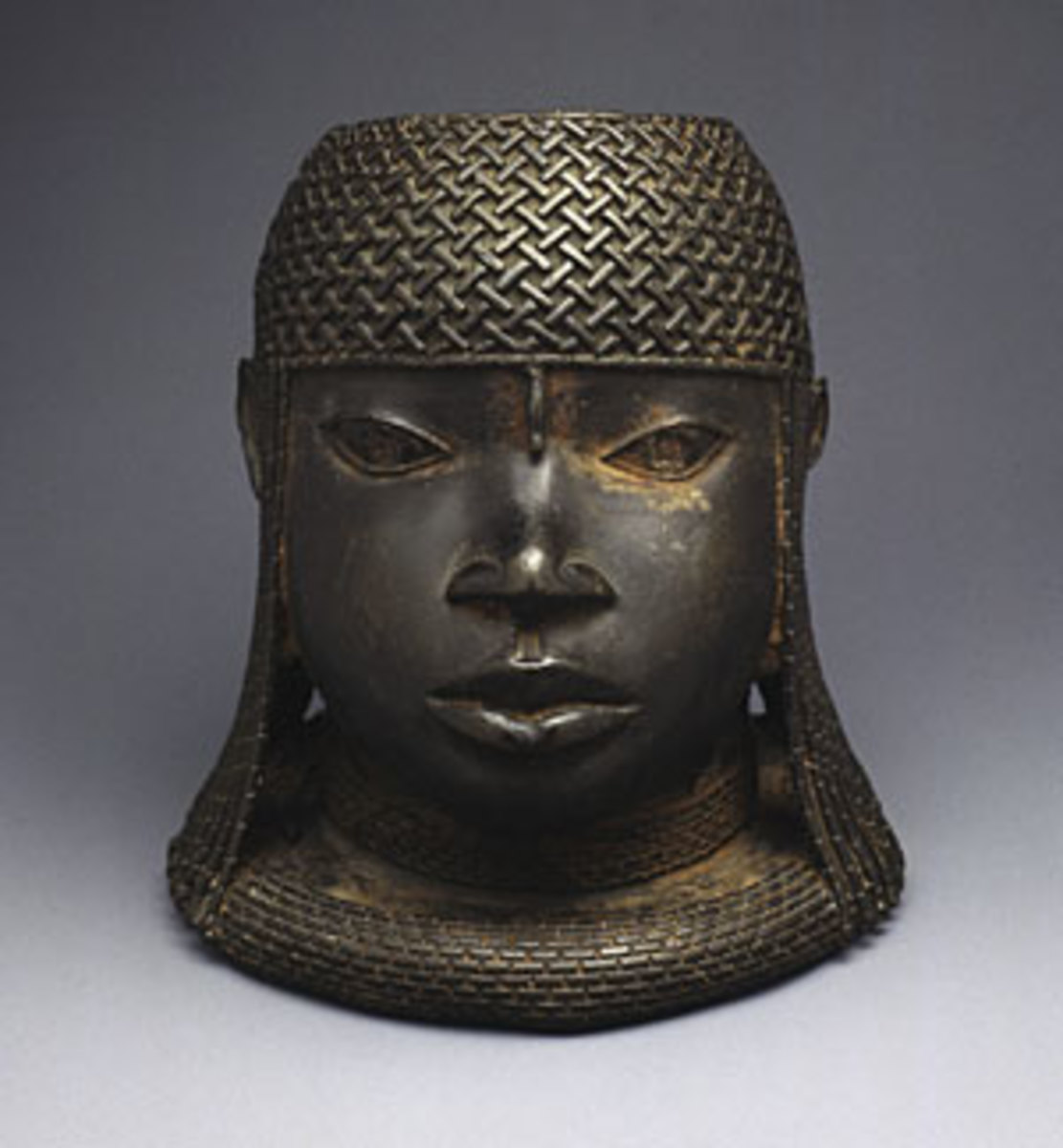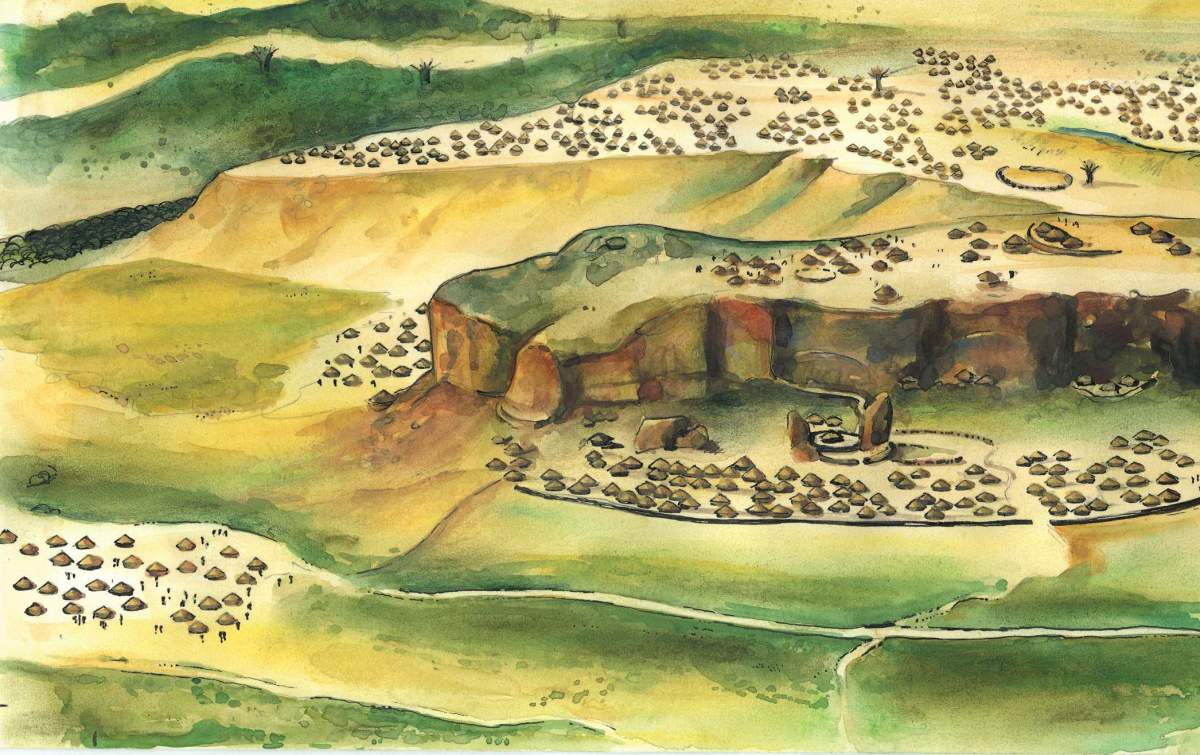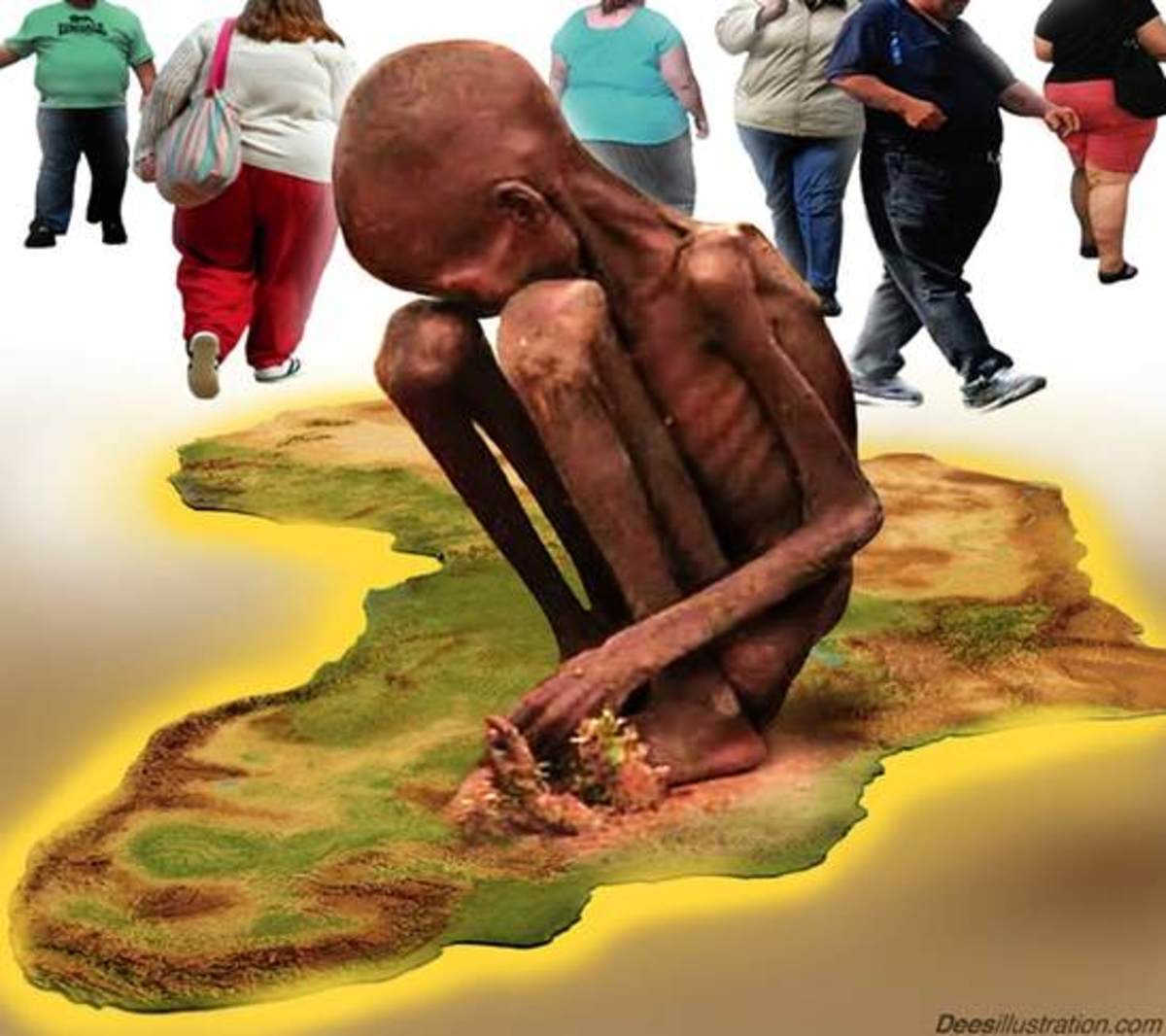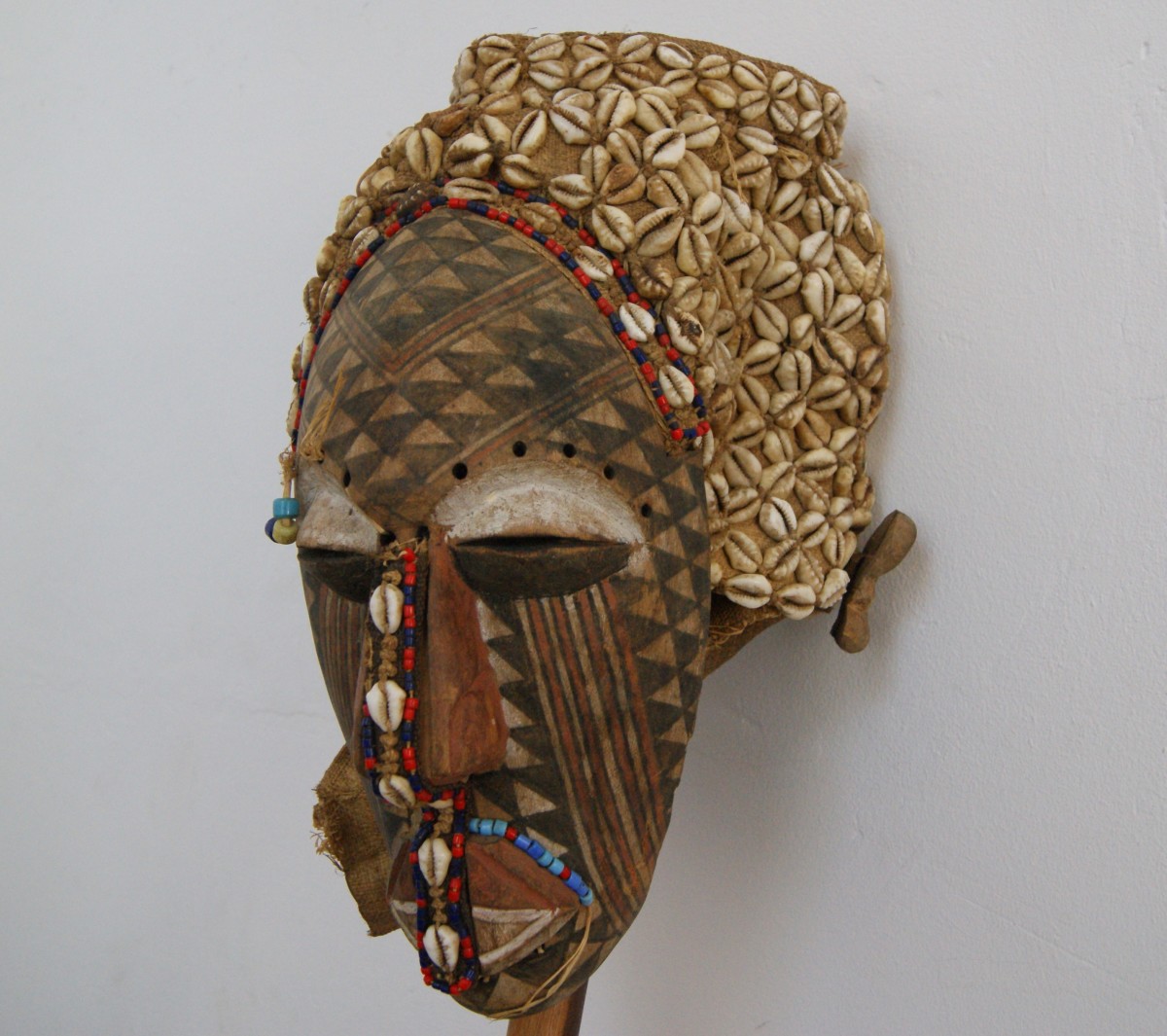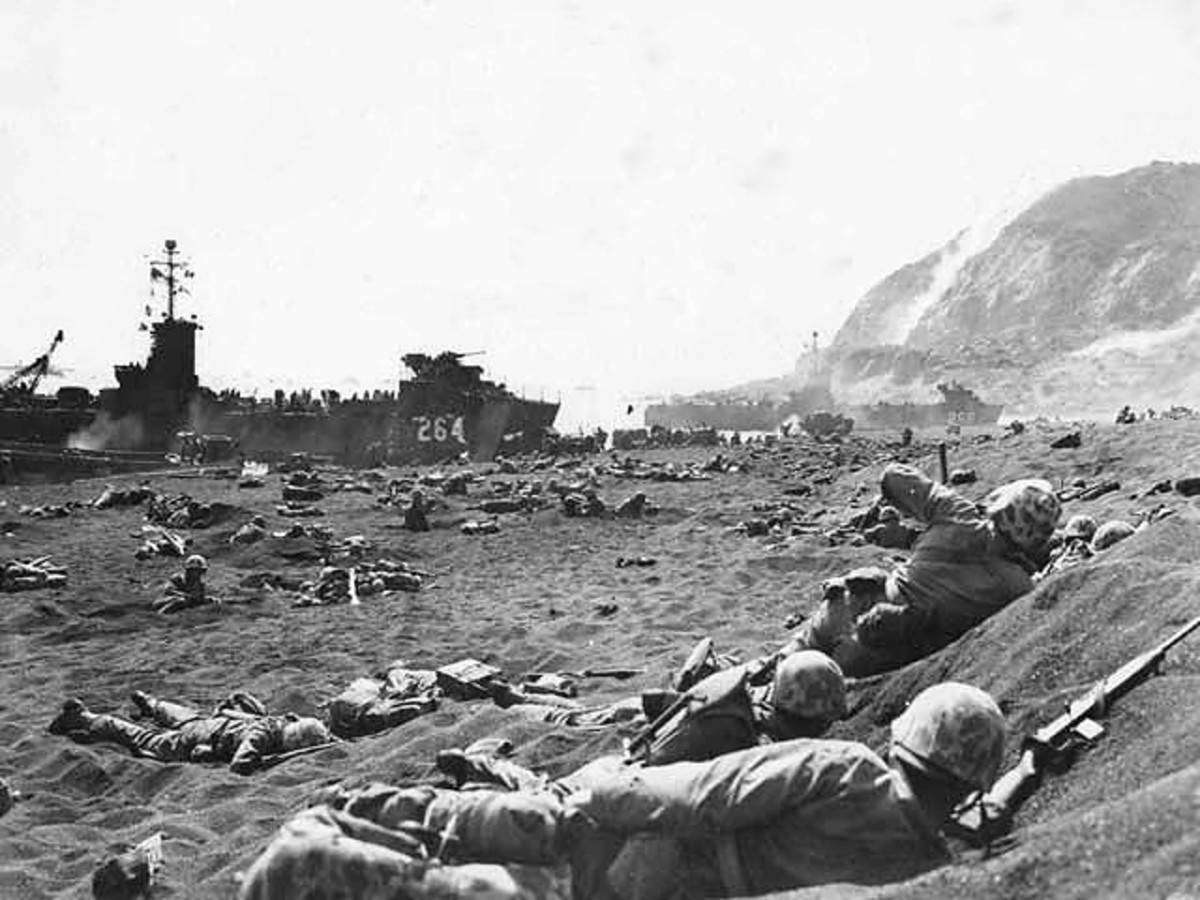- HubPages»
- Education and Science»
- History & Archaeology»
- History of the Modern Era»
- Twentieth Century History
African History: when the USA bought a country for $300-Liberia

How much for a piece of Africa?
In reading David Lamb’s book “The Africans; encounters from the Sudan to the Cape” I have learnt so much about the African continent. Lamb was a correspondent for the Los Angeles Times who spent “eight years roaming Africa” as he puts it in his book. He met many African leaders and has obviously done a lot of research for his book. Based in Nairobi, Kenya between 1976 and 1980, he also travelled extensively on the continent and writes with insight and humour.
One of the fascinating countries that he writes about is the country Liberia, the name meaning free. This story indicates to me how events taking place in one country can often affect other counties.
In 1816, after the slaves in the USA had regained their freedom, the American Colonization Society began to send Africans back to Africa. Slaves who wanted to return to their country were encouraged to do so and the USA Government allocated a grant of $100 000 to assist with this effort. And so the process of resettlement across the Atlantic Ocean began. Its capital was named Monrovia after the US President, James Monroe.
Sierra Leone refused admission to these returning Africans and so a U.S.A. Naval Officer with a boat load of returnees “persuaded the local chief at gunpoint” to sell them some land near the Mesurado River in Western Africa for $300 of goods. So a new country was born in this rather bizarre way.
Today the country has an area of 111.369 square miles and has Sierra Leone to the west, Guinea to the north and Ivory Coast to the East.
The interesting thing about this African country when it was formed it followed an American style of government and declared its self a Republic. The first Governor was Thomas Buchanan (a cousin of James Buchanan- the 15th President of the U.S.A.). The 45 000 returning slaves, or “black pioneers” as they called themselves, organized themselves according to the American life style turning the “sixty six indigenous tribes into an underprivileged majority”(Lamb), with the new settlers becoming a privileged ruling class. In 1847 Jenkins Roberts declared Liberia an independent republic. It was only in 1906 that the local inhabitants were given citizenship. The official language is English, but over 30 indigenous languages are spoken in the country.
What the slaves had experienced and hated in the USA, they now, to some degree, imposed on their own people in Africa. People are a strange lot. The returning slaves who now ruled the country as a republic had names that were American and not African. They dressed like Americans, enjoyed American music, worship, and townships had names like New Georgia and Maryland.
What the country did enjoy however was 130 years of stability, with not a single coup d’état during that time; a rather unique situation in a continent where overthrowing a government by force was historically the order of the day. Liberia was one of the foundation members of the United Nations.
One would imagine that this country would prosper economically but that unfortunately did not happen. Because it was never a colony it did not benefit from the schools, infrastructure and hospitals that came from the colonial country. It also did not receive the grants that came from “home”, and so remained poor. Returning free citizens must have found life very different from what they experienced as slaves in the USA but returning to their "roots" may have not been quite what they expected.
While Liberia owns only two ships, more than 2 500 ships carry the Liberian flag providing important income for the country where it is relatively easy to register a ship. Registering ships in Liberia saves owners, a majority being Americans, many millions of dollars a year.
In 1980 the country followed in the steps of many other African countries with its President Tolbert, who at that stage was the chairman of the O.A.U, murdered by Samuel K Doe. The new ruler took over the country in a bloody coup. Lamb describes the trial and execution of Frank Steward, one of Tolbert’s ministers, in detail in his book. As a foreign journalist, he was surprised that he was permitted to attend these events.
Charles Taylor led an insurrection in December 1989. This was a time of bloody civil war. In 2005 a democratically elected government was elected after a peace treaty was signed in 2003.
Today Liberia has a population of about three and a half million. During the two successive civil wars that occurred in recent times, an estimated 250 000-520 000 people were killed and many became refugees in adjoining countries. These wars devastated the country already struggling economically. The country became infamous for the sale of so called “blood diamonds” and the illegal decimation of its timber resources. This was done to finance the civil wars.
Liberia remains a poor country and it is estimated that 85% of the population live under the international poverty line (Wikipedia). Its national sport is Football (called Soccer in USA and South Africa) and their team has reached the finals of the African Cup of Nations twice, an amazing achievement for such a small country.
Sources: Wikipedia
Gilbert and Reynolds "Africa in World History". Pearson-Prentis Hall.
Lamb, David “The Africans: encounters from the Sudan to the Cape”. Manderin Books,1991.
Encyclopaedia Britannica.

